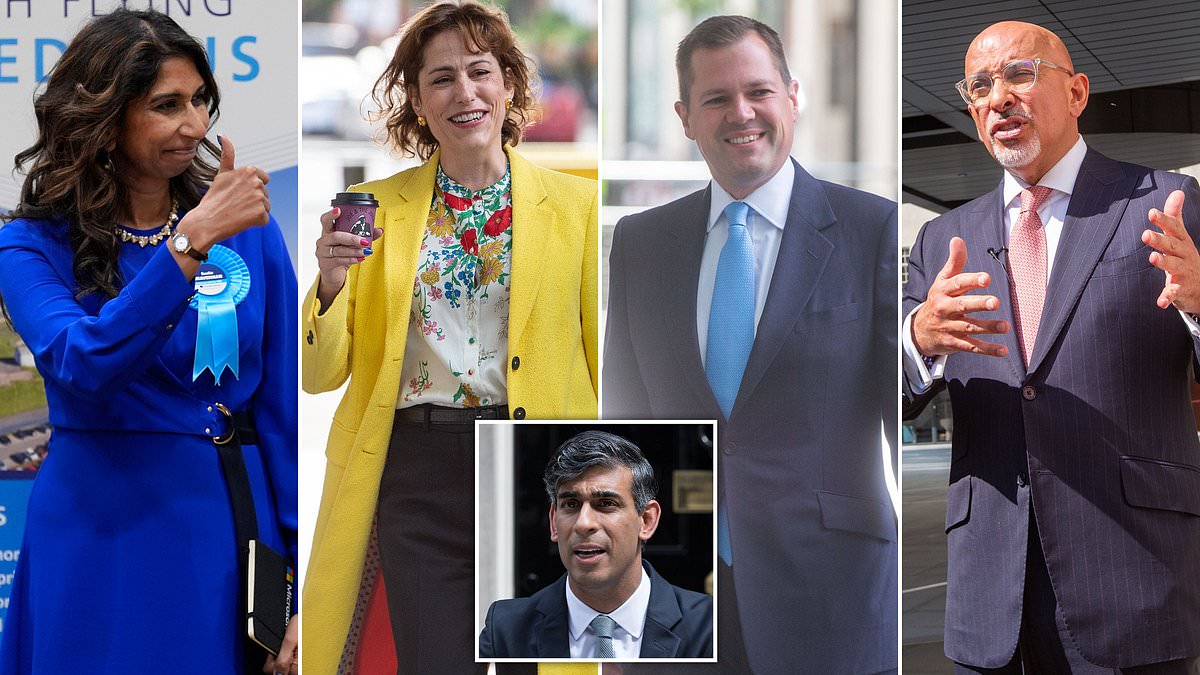The Conservative Party has launched a rigorous examination of its electoral disaster following a resounding defeat in the recent election.
Former ministers, including Robert Jenrick and Victoria Atkins, have candidly admitted to falling short during their lengthy tenure in government.
Robert Jenrick, formerly the immigration minister, offered a blunt assessment, labeling it as “painfully honest.”
He acknowledged the party’s failure to fulfill promises on crucial issues like immigration, taxation, and the NHS.
Despite claiming the party wasn’t excessively left or right-wing, Jenrick conceded to significant shortcomings in governance.
Victoria Atkins, ex-health secretary, lamented the loss of public trust in the Tories, emphasizing that while Britain remains inherently conservative, Labour’s recent sweeping victory highlighted widespread disillusionment.
She likened Labour’s support to thinly spread margarine, pledging the Tories would embark on a path of rebuilding.
Former home secretary Suella Braverman didn’t mince words, sharply criticizing Rishi Sunak’s election strategy as “idiotic.”
She, along with Jenrick and Atkins, is speculated to vie for leadership, though formal announcements are pending.
Ex-chancellor Nadhim Zahawi highlighted party unity as the foremost challenge for any incoming leader.
Jenrick admitted that the Conservatives’ defeat stemmed from their inability to deliver on pivotal commitments made to the electorate.
He defended achievements like Brexit but acknowledged shortcomings in economic growth, NHS service quality, and immigration control.
Leadership Transition and Future Strategy
Despite calls for a swift leadership transition, Jenrick advocated for a more extensive deliberative process to address the party’s recent electoral debacle comprehensively.
Atkins echoed this sentiment, emphasizing the need for the Tories to heed the electorate’s clear messages before charting a unified course forward.
Learning from Defeat
Reflecting on the election outcome, Atkins noted the challenge of Labour’s thinly spread support across the country, suggesting an opportunity for the Tories to rebuild based on genuine reflection and responsiveness to voter concerns.
Critique of Campaign and Conservative Values
Braverman sharply criticized the Tory campaign’s inconsistency and emphasized that voters rejected the Conservatives rather than endorsing Labour.
She pointed to broken promises on taxes and immigration as pivotal factors in the party’s defeat.
Unity as Imperative
Looking ahead, Zahawi stressed that unity must be the priority for the new Tory leadership.
He warned against internal divisions, noting the electorate’s negative reaction to intra-party conflicts during the campaign.
Conclusion
As the Conservative Party grapples with its worst electoral defeat in recent history, the road to recovery appears daunting.
With internal critiques mounting and leadership ambitions looming, the Tories face a crucial period of introspection and strategic recalibration to regain public trust and political momentum.
World News
TDPel Media
This article was published on TDPel Media. Thanks for reading!Share on Facebook «||» Share on Twitter «||» Share on Reddit «||» Share on LinkedIn
